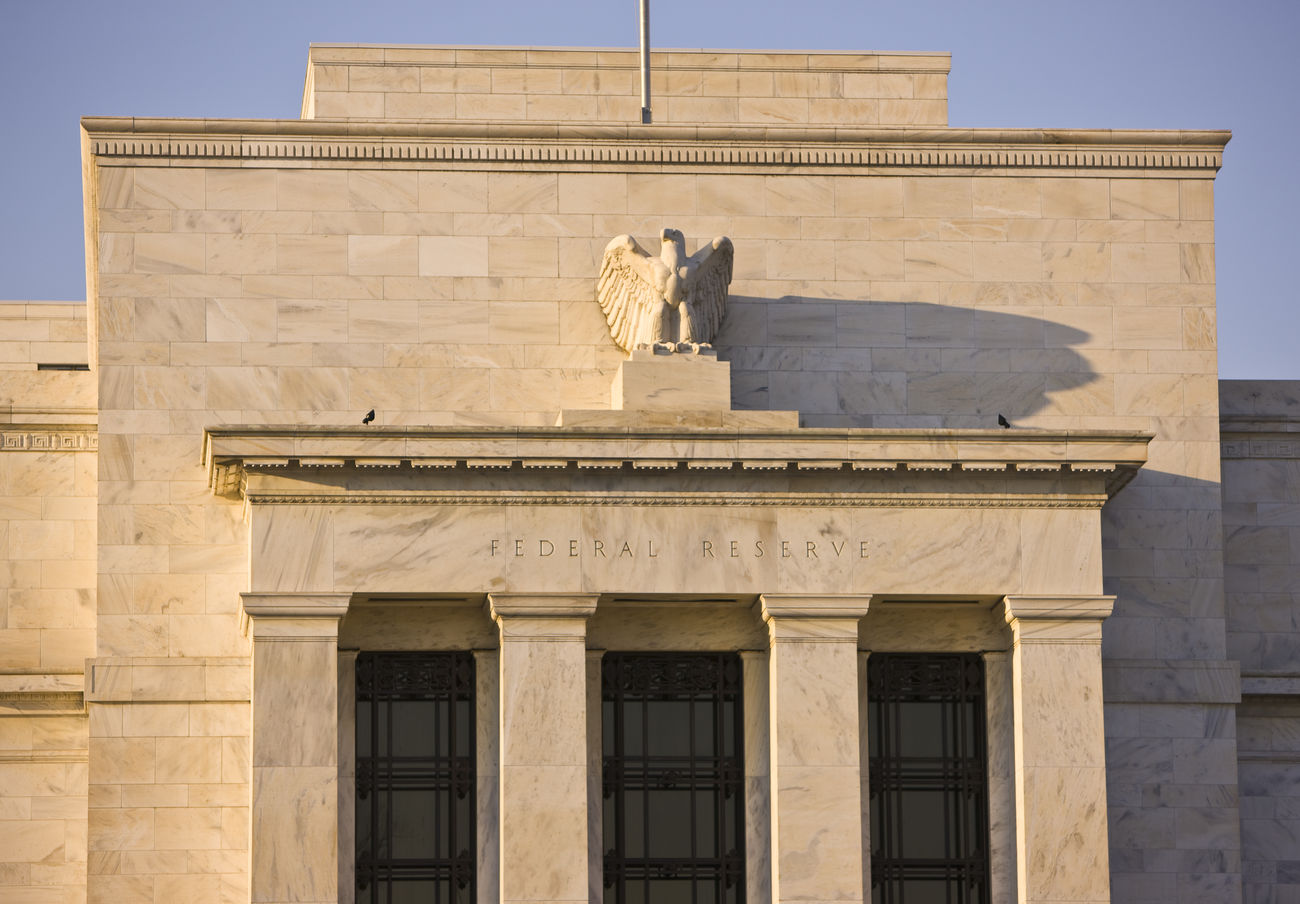This damage is particularly visible in the corporate bond sector, where the pace of debt refinancing has fallen to its lowest level in seven years. Why? Because the time when refinancing a debt made it possible to reduce the cost of borrowing has now drawn to a close.
For example, Bloomberg has reported that, since the beginning of the year, emerging companies have raised only 49 billion in dollar and euro-denominated debt for refinancing. This sum represents a fall of 68% from the 155 billion dollars issued during the same period in 2021. The breakdown has been particularly evident this summer: since early July, only 4.3 billion dollars have been issued, a drop of more than 80% compared to last year. Such figures illustrate the extent to which more stringent monetary policies in developing countries affect emerging credit markets. Prior to this, massive cash injections –with the aim of overcoming the economic consequences of the Covid-19 pandemic– had pushed emerging companies to borrow heavily in foreign currencies to make the most of extremely low exchange rates.
This window of opportunity has closed, and gone with it is the opportunity to reduce costs at a time when these same companies are facing an economic slowdown and market volatility. In addition, there is an equivalent of 200 billion dollars in loans to be repaid in foreign currency by the end of 2022. In light of this situation, some of them have decided to borrow in their own currency or use their cash to repay their debts. Such is the case of Yapi Kredi Bankasi, a Turkish bank, which plans to use its own resources to repay a one billion dollar subordinated bond issue maturing in December, citing “an unfavourable market for new issuances”.
A rebound of activity on the primary market is proving uncertain, at least in the short term. Indeed, the positive performance of American and European bond markets seen in July may reflect excessive optimism about changes to monetary policies by the large central banks. Furthermore, despite the positive turn in bond indices last month, companies in emerging markets continue paying returns above 7.25% when they borrow in dollars, according to the Bloomberg index. This is 2% higher than the average 5-year yield and 2.75% higher than at the end of 2021. In other words, debt servicing will be more burdensome for companies that choose to refinance their maturing bonds rather than repaying them. In conclusion, the increase in rates, primarily in the US, has driven up financing in foreign currencies. Activity will therefore most likely shift to the primary local debt markets, which businesses see as far more attractive.




